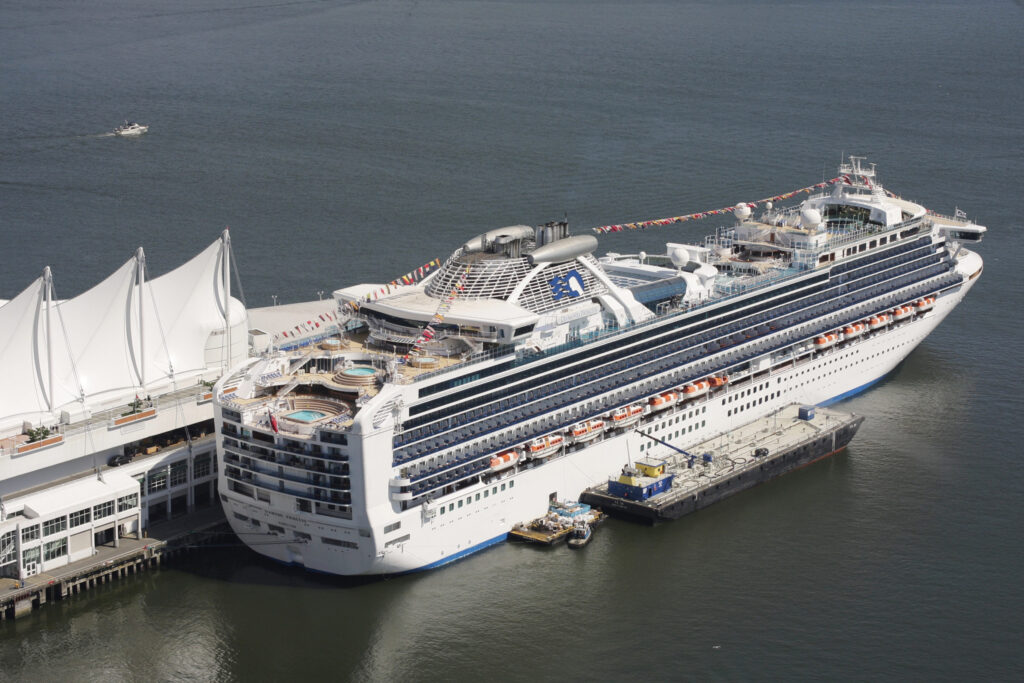
Ships Are Some of World’s Biggest Recyclers
Cruise ships are some of the world’s most comprehensive recyclers. All waste materials aboard the ships are recycled, incinerated or offloaded and disposed of in approved shoreside facilities. Materials to be recycled are compacted, crushed or baled and stored on the ships until they are turned over to an approved vendor for disposal.
One line donates its crushed aluminum to the Boy Scouts in Juneau, another offloads its used cooking oil for use as biofuel and others donate used bedding to various non-profits.
Materials to be recycled are compacted, crushed or baled and stored on board the ships until they are turned over to an approved vendor for disposal.
In Vancouver, B.C., Tymac Launch Service has the contract to service the ships that homeport there for the summer. Tymac typically removes 42 tons of aluminum during a season, along with 261 tons of cardboard and 207 tons of scrap metal and sends 22 loads of wood to the recyclers. Each week it hands over an average of six large boxes of printer and toner cartridges to the Vancouver Food Bank. The cartridges are sold to a recycler for a small fee.
